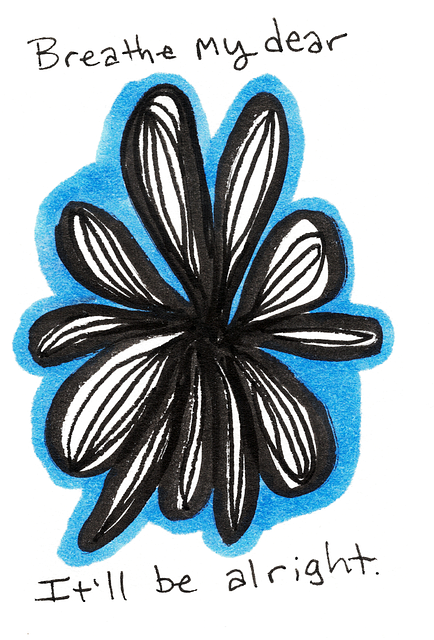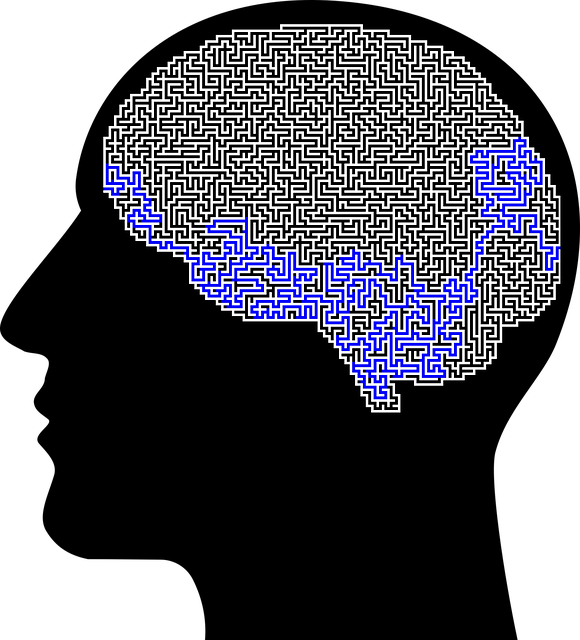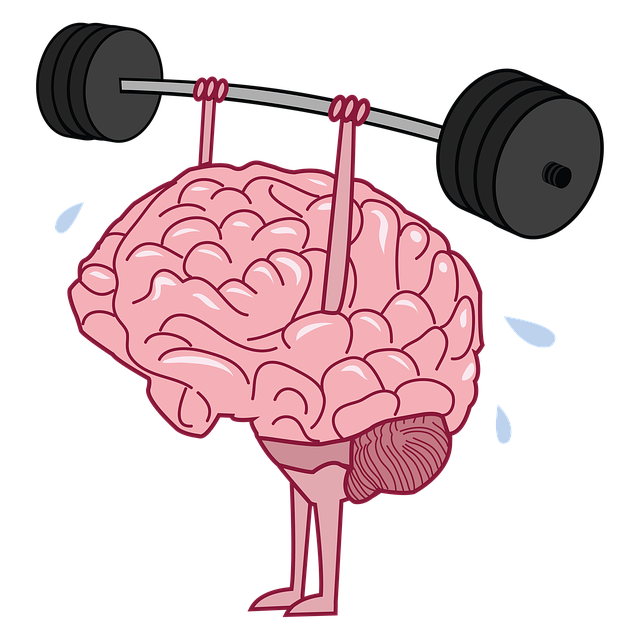Arvada Cognitive Processing Therapy (ACPT) is an innovative approach to mental wellness that targets the root causes of stress and anxiety by retraining negative thought patterns. This holistic therapy equips individuals with emotional regulation skills, self-awareness exercises, and mindfulness techniques to navigate life's challenges. By integrating creative outlets, social connections, and self-care practices, ACPT fosters resilience and promotes long-term mental health. Through challenging cognitive distortions and adopting balanced perspectives, individuals gain the tools to reduce stress, overcome anxiety, and adapt to life's twists and turns with enhanced well-being.
In today’s fast-paced world, effective coping skills are essential for navigating life’s challenges. This article explores various strategies to enhance mental well-being, focusing on the foundational role of understanding coping mechanisms. We delve into innovative approaches like Arvada Cognitive Processing Therapy, offering a holistic perspective on managing stress. By identifying personal strengths and implementing mindfulness techniques, individuals can build resilience, ensuring better coping abilities for daily life’s ups and downs.
- Understanding Coping Skills: The Foundation of Mental Well-being
- Arvada Cognitive Processing Therapy: A Holistic Approach to Coping
- Identifying Personal Coping Strategies: Strengths and Resources
- Enhancing Coping Mechanisms through Mindfulness and Relaxation Techniques
- Building Resilience: Long-term Coping Skills for Daily Life
Understanding Coping Skills: The Foundation of Mental Well-being

Coping skills are the mental strategies we use to navigate life’s challenges and maintain a sense of well-being. Understanding these skills is crucial in today’s fast-paced world, where stress and anxiety can easily overwhelm us. Arvada Cognitive Processing Therapy (ACPT) is an effective approach that helps individuals develop healthier coping mechanisms. By identifying and challenging negative thought patterns, ACPT empowers folks to manage stress, anxiety, and even crises more effectively.
This therapy provides practical tools for mental health awareness and crisis intervention guidance, enabling people to confront challenges head-on. Through ACPT, individuals learn to recognize triggers, reframe negative thoughts, and engage in calming activities—all of which contribute to better emotional regulation and overall mental resilience. Enhancing coping skills is a vital step towards achieving anxiety relief and fostering a healthier, more balanced lifestyle.
Arvada Cognitive Processing Therapy: A Holistic Approach to Coping

Arvada Cognitive Processing Therapy (ACPT) offers a holistic approach to coping skills development, addressing not just symptoms but underlying cognitive patterns. This therapy focuses on helping individuals identify and challenge negative thought processes that contribute to stress, anxiety, or depression. By reshaping these cognitive distortions, ACPT facilitates improved mood management and enhances overall mental wellness.
The therapeutic process involves active participation, encouraging clients to become aware of their thoughts and emotions in real-time. This heightened mindfulness empowers them to make conscious choices, fostering effective coping strategies that extend beyond the therapy room. ACPT’s effectiveness is further amplified through its integration with other support systems, including mental wellness podcast series production, creating a comprehensive framework for burnout prevention and sustainable mental health.
Identifying Personal Coping Strategies: Strengths and Resources

Identifying your unique coping strategies is a powerful step in personal growth and well-being. Arvada Cognitive Processing Therapy (APCT) encourages individuals to explore their inherent strengths and resources, which are often overlooked during challenging times. This process involves recognizing what makes you tick and what gives you resilience – be it creative outlets, social connections, or specific mind-body practices. By understanding these personal coping strategies, one can harness them effectively when facing life’s stressors and setbacks.
In the context of APCT, Social Skills Training and Emotional Healing Processes play a pivotal role in enhancing self-awareness and learning new coping mechanisms. Integrating Self-Care Practices into your routine becomes a proactive approach to managing mental health. This involves finding what works best for you – whether it’s engaging in regular physical activity, practicing mindfulness, or connecting with a supportive community. These strategies not only provide temporary relief but also foster long-term emotional healing and overall well-being.
Enhancing Coping Mechanisms through Mindfulness and Relaxation Techniques

In today’s fast-paced world, managing stress and maintaining emotional well-being is more important than ever. Enhancing coping mechanisms through mindfulness and relaxation techniques offers a powerful approach to achieving this balance. Arvada Cognitive Processing Therapy (ACPT) provides an effective framework for individuals to navigate their thoughts and emotions during challenging times. By incorporating Self-Awareness Exercises, ACPT helps clients develop a deeper understanding of their triggers and responses, enabling them to employ Stress Reduction Methods tailored to their unique needs.
These techniques go beyond simple relaxation, fostering a sense of control and resilience. Mindfulness practices teach individuals to stay present, observing thoughts and feelings without judgment. This promotes emotional regulation and enhances overall coping abilities. Through regular practice, one can learn to redirect negative thought patterns, thereby reducing the impact of stress and anxiety. In essence, combining mindfulness with relaxation techniques empowers folks to actively manage their mental health and navigate life’s hurdles with greater ease.
Building Resilience: Long-term Coping Skills for Daily Life

Building resilience is a vital component of long-term coping skills development, equipping individuals to navigate life’s challenges with greater ease. Arvada Cognitive Processing Therapy (ACPT) is an effective approach that teaches individuals to reframe negative thought patterns and enhance their emotional processing abilities. By identifying and challenging unhelpful cognitive distortions, ACPT empowers people to develop a more balanced perspective on stressful situations, fostering resilience in the face of adversity.
This process involves learning stress reduction methods, such as mindfulness techniques, which have been proven to alleviate symptoms of anxiety and depression. Compassion cultivation practices also play a significant role, encouraging individuals to cultivate self-compassion and extend that compassion to others. Integrating these strategies into daily life can lead to improved mental health and well-being, enabling folks to navigate life’s twists and turns with enhanced resilience and adaptability.
Coping skills development is a multifaceted process that, when mastered, can significantly enhance mental well-being. By understanding the importance of coping mechanisms and exploring approaches like Arvada Cognitive Processing Therapy, individuals can cultivate resilience and navigate life’s challenges more effectively. Integrating personal strengths, mindfulness, relaxation, and building long-term resilience are key strategies to fostering robust coping skills, enabling folks to thrive in even the most bustling environments.














